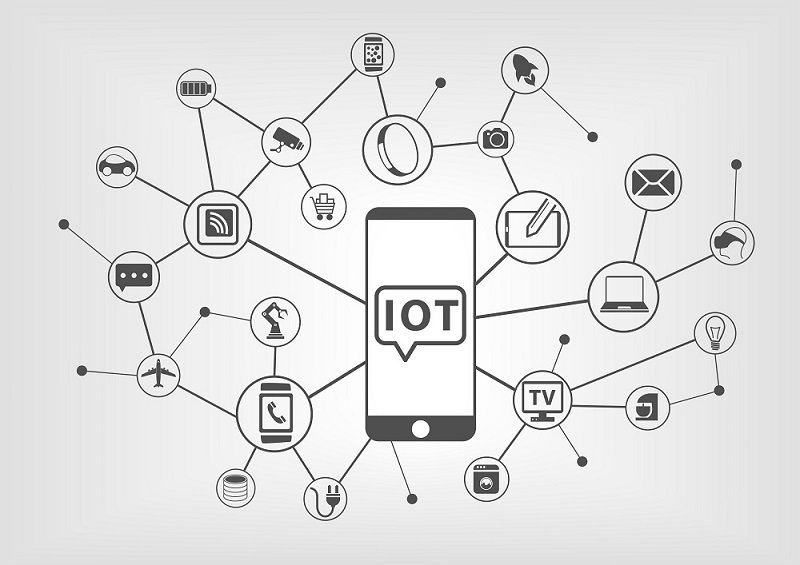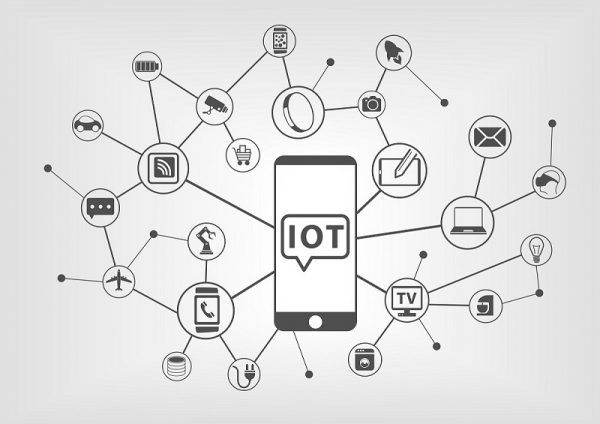Imagine a world where everything is automated, smart and communicates with each other, where all systems are integrated and everything seems seamless like you watch in those science fiction movies. I know you’re thinking how possible is this and if it is, not in the nearest future. Well, you’re wrong, it’s already here. Let me introduce you to the next big thing, “The Internet of Things”.
What exactly is the internet of things? The Internet of Things is a system of interrelated computing devices, mechanical and digital machines, objects, animals or people that are provided with unique identifiers and the ability to transfer data over a network without requiring human-to-human or human-to-computer interaction.
Basically what this means is a network of interconnected things – cell phones, coffee makers, washing machines, headphones, lamps, wearable devices and almost anything else you can think of – which interacts with each other without any human interference. And yes it is already a reality. Just last week Tesla announced fully self-driving cars, electric cars fitted with the hardware they need to drive themselves. And not just the cars, a lot of things are becoming technologically smart.
What are the advantages of this? Imagine driving on a bridge and if there’s a hazard on the bridge, sensors in the concrete will detect it and communicate the information via the wireless internet to your car. Once your car detects there’s a hazard ahead, it will take appropriate measures to avoid the hazard. And this just a pinch of what can be achieved. You can let your imagination run wild here.
What is the downside? Basically security and big data. Someone could hack into your television and gain access to your whole home network and wreak havoc on you. Also, the service providers will be faced with massive amounts of data that all of these devices are going to produce and will then need to figure out a way to store, track, analyze and make sense of the vast amounts of data that will be generated.
How then does this affect you? You need to familiarize yourself with the technology needed to operate and make use of these things because the old is gradually fading away this is becoming a reality.


